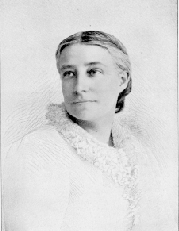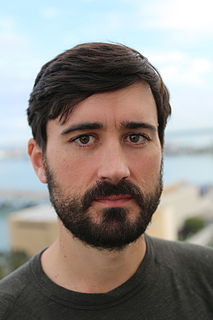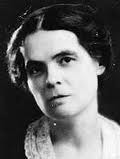A Quote by Elizabeth Stuart Phelps Ward
Related Quotes
It is abundantly evident that, however natural it may be for us to feel sorrow at the death of our relatives, that sorrow is an error and an evil, and we ought to overcome it. There is no need to sorrow for them, for they have passed into a far wider and happier life. If we sorrow for our own fancied separation from them, we are in the first place weeping over an illusion, for in truth they are not separated from us; and secondly, we are acting selfishly, because we are thinking more of our own apparent loss than of their great and real gain.
Jesus doesn't give an explanation for the pain and sorrow of the world. He comes where the pain is most acute and takes it upon himself. Jesus doesn't explain why there is suffering, illness, and death in the world. He brings healing and hope. He doesn't allow the problem of evil to be the subject of a seminar. He allows evil to do its worst to him. He exhausts it, drains its power, and emerges with new life.
One third, more or less, of all the sorrow that the person I think I am must endure is unavoidable. It is the sorrow inherent in the human condition, the price we must pay for being sentient and self-conscious organisms, aspirants to liberation, but subject to the laws of nature and under orders to keep on marching, through irreversible time, through a world wholly indifferent to our well-being, toward decrepitude and the certainty of death. The remaining two thirds of all sorrow is homemade and, so far as the universe is concerned, unnecessary.
'Tis sorrow builds the shining ladder up, Whose golden rounds are our calamities, Whereon our firm feet planting, nearer God The spirit climbs, and hath its eyes unsealed. True it is that Death's face seems stern and cold When he is sent to summon those we love; But all God's angels come to us disguised; Sorrow and sickness, poverty and death, One after another, lift their frowning masks, And we behold the Seraph's face beneath, All radiant with the Glory and the calm Of having looked upon the front of God.



































